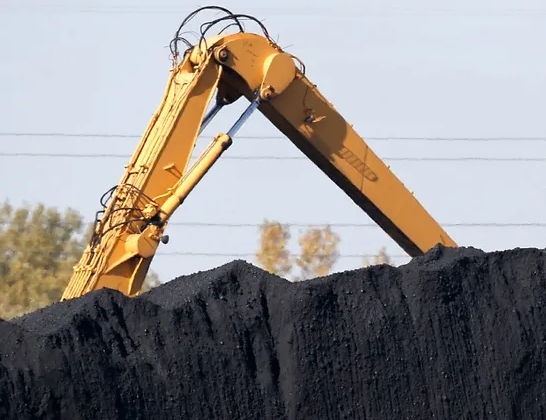
Low Sulfur Calcined Petroleum Coke (CPC) has emerged as a game-changer in the world of carbon materials. As the demand for cleaner, more sustainable energy sources and environmentally friendly industrial processes continues to rise, low sulfur CPC stands at the forefront. In this article, we will delve into the properties, benefits, applications, and the role it plays in reducing environmental impact.
Low Sulfur CPC is a specialized form of CPC, which is derived from the distillation of crude oil. Through a high-temperature calcination process, impurities are removed, and the sulfur content is significantly reduced, often to less than 1%. This low sulfur content sets it apart from regular CPC.
The low sulfur content of this CPC variant makes it an environmentally friendly choice for industries aiming to reduce their carbon footprint. Low sulfur CPC is particularly well-suited for applications where emissions control and air quality are a concern.
The reduced sulfur content enhances the combustion efficiency of low sulfur CPC, contributing to reduced greenhouse gas emissions. It is widely used as a fuel source in industries that prioritize cleaner energy options.
Low sulfur CPC typically has low volatile matter, making it a stable and reliable energy source with minimal release of harmful compounds.
Low sulfur CPC is extensively utilized in the power generation sector, particularly in coal-fired power plants. Its low sulfur content results in decreased sulfur dioxide (SO2) emissions, which are harmful to the environment and public health.
The aluminum industry, known for its focus on sustainability, benefits from low sulfur CPC in the production of anodes used in the electrolytic reduction of alumina. Its environmentally friendly characteristics align with the industry's commitment to reducing environmental impact.
Various industries utilize low sulfur CPC as a clean and efficient source of heat in industrial furnaces. The low sulfur content prevents the release of sulfur-based pollutants during combustion.
The production of low sulfur CPC involves similar steps to those used in regular CPC manufacturing. However, it places a stronger emphasis on controlling the sulfur content. Special attention is given to the selection of feedstocks, calcination conditions, and sulfur removal processes to achieve the desired low sulfur levels.
The use of low sulfur CPC has a direct impact on reducing emissions of sulfur dioxide, nitrogen oxides, and particulate matter. Industries using this low sulfur variant demonstrate their commitment to cleaner and more sustainable operations.

Low sulfur CPC enhances the energy efficiency of various industrial processes, reducing overall energy consumption. Its clean combustion properties make it an environmentally responsible choice for energy generation.
The availability of suitable feedstocks for low sulfur CPC production is crucial for its sustainability. As industries increasingly adopt this green fuel, securing a stable supply chain of low sulfur feedstocks becomes essential.
Continuous research and development efforts are required to optimize the production process and further reduce sulfur content. Innovation in feedstock selection and sulfur removal techniques is essential for the future of low sulfur CPC.
Low Sulfur Calcined Petroleum Coke represents a promising solution for industries seeking to reduce their environmental impact and prioritize sustainability. With its low sulfur content, improved combustion efficiency, and suitability for various applications, it has become a green fuel of choice in power generation, aluminum production, and industrial heating. As the world continues to address environmental challenges, low sulfur CPC is poised to play a pivotal role in reducing emissions and promoting a cleaner, more sustainable future. Its place in the transition to greener and more efficient industrial processes highlights its importance in the evolving landscape of energy and materials.

Write a Message